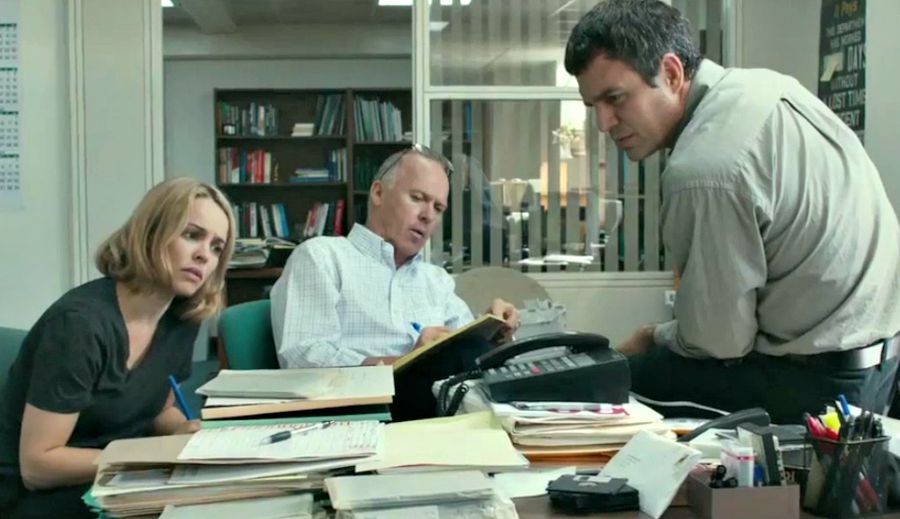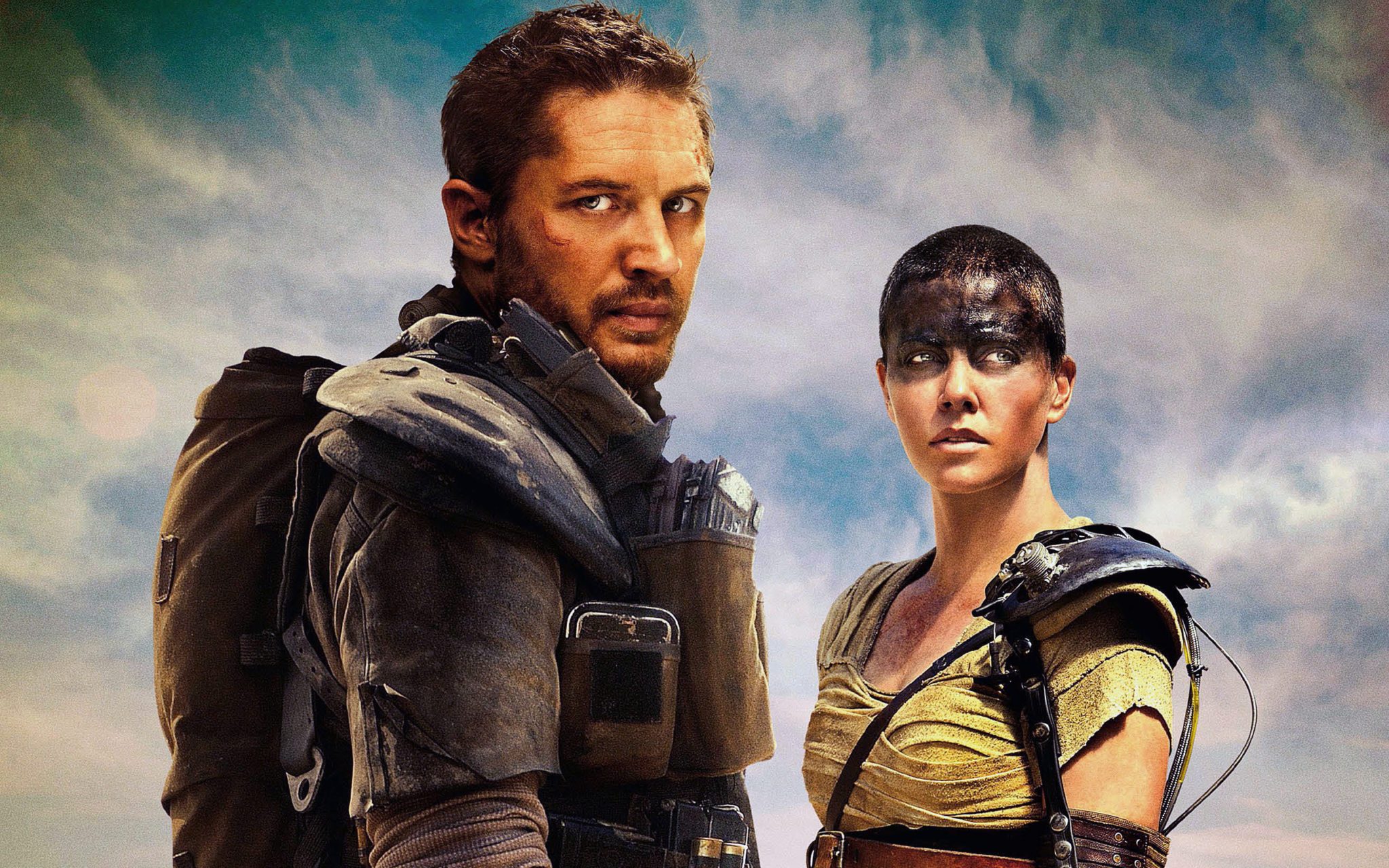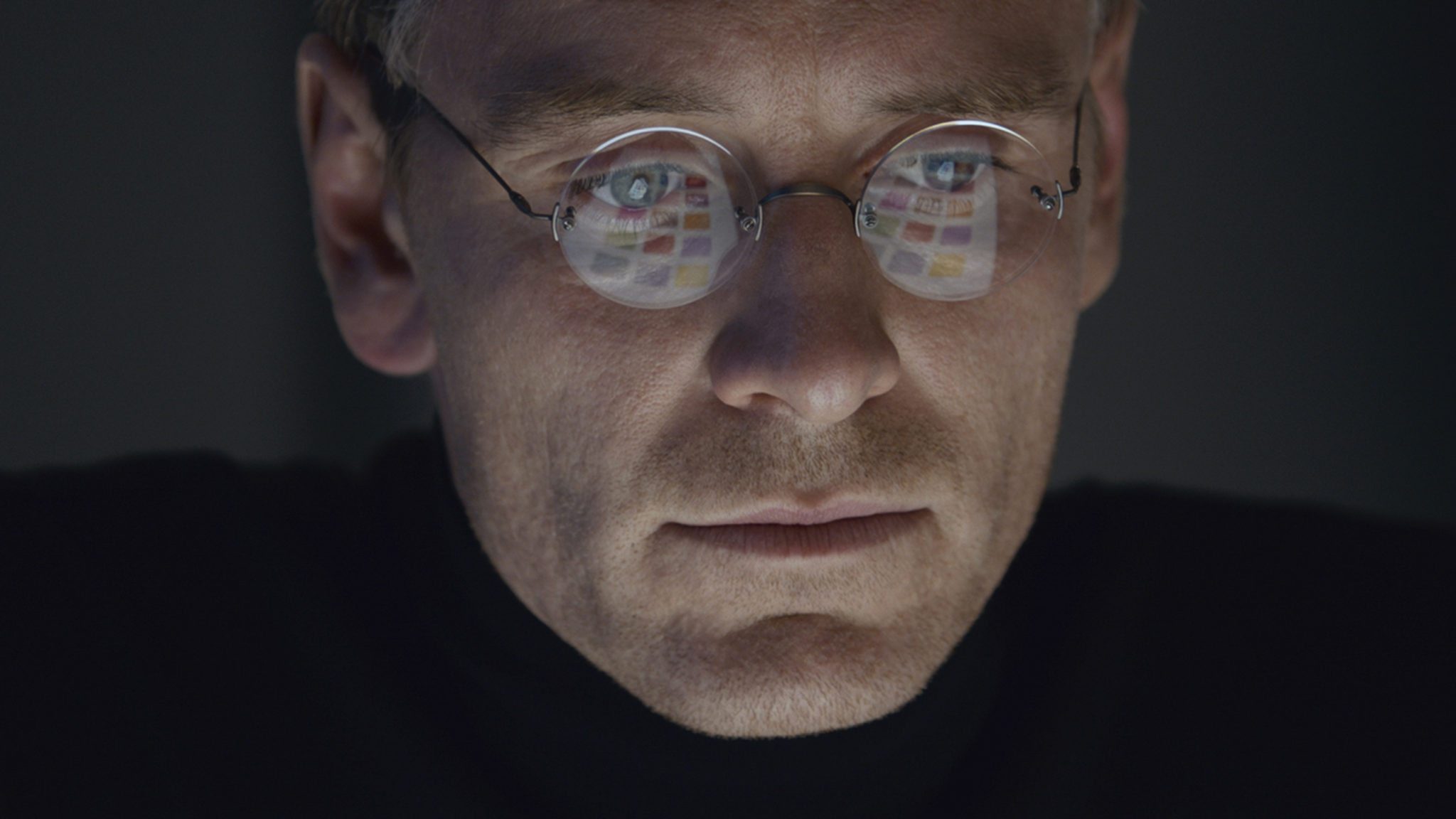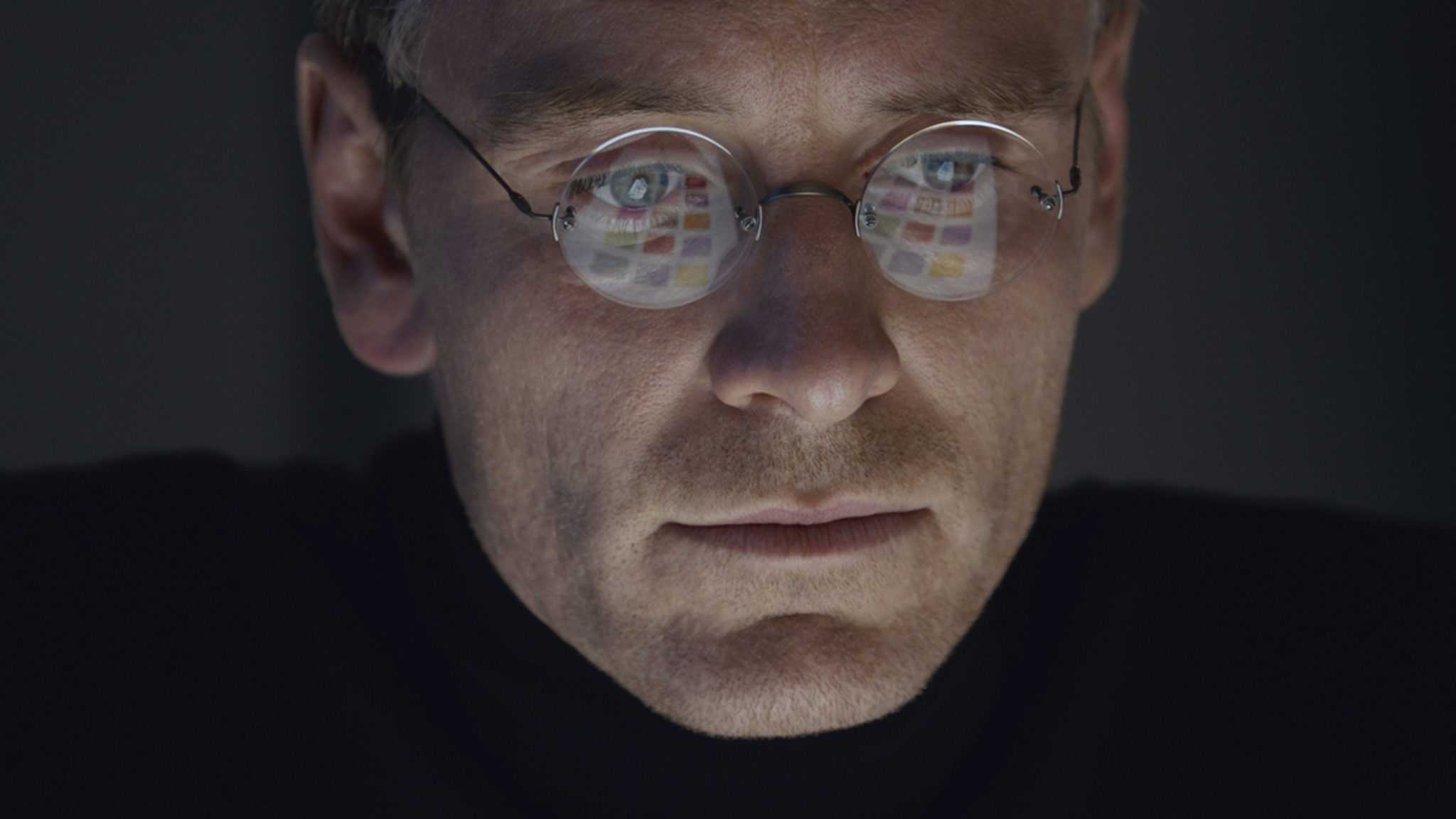
The Fishing Hole (Vol. 1, Issue 1): Oscar Roundtable (Oscar Spotlight)
The ScreenFish staff compiled some of their favorites for the top Academy Award prizes. The results were… varied. Best Actor Chris: Leo. It’s his time. ?Don’t hate. ?Dude gave his guts and glory to film that puppy in freezing cold temps. That’s how it’s done, kiddos! Darrel: This one I see as very close…



